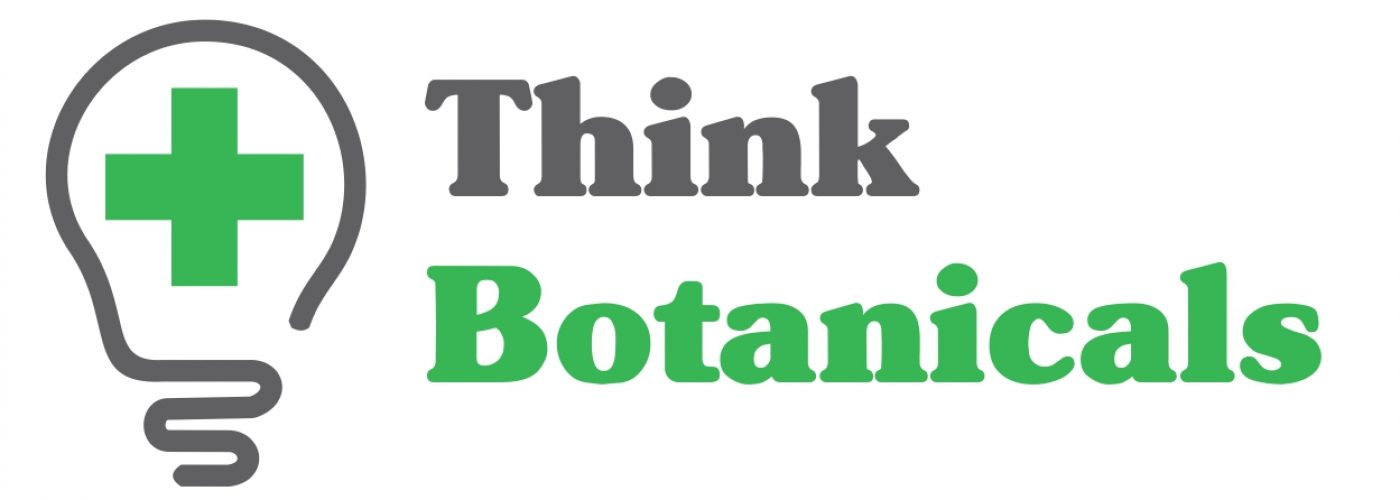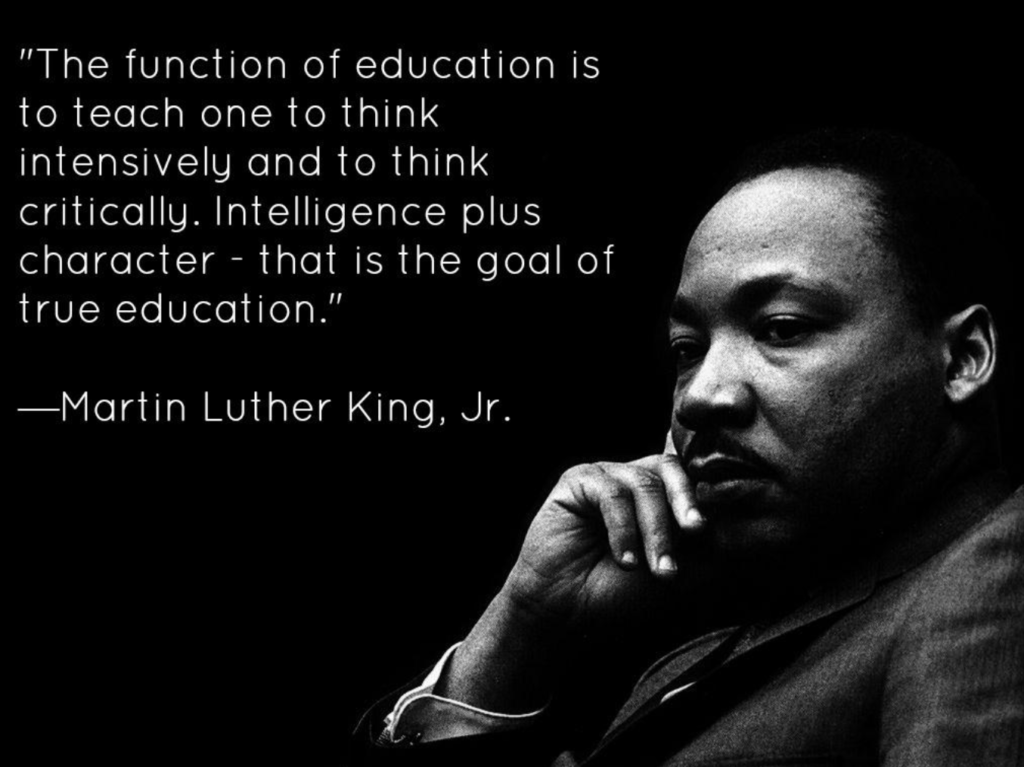Today, we honor the legacy of Dr. Martin Luther King Jr. and his incredible contribution to our society. At Think Botanicals, we value our nation’s great thinkers – the ones who encourage us to reconsider our humanity, who show us that anyone can be great by serving others, and who remind us that only love can drive out hate.
Martin Luther King Jr. (MLK) was prophetic on many subjects, including education, and it’s astounding how much of his writing on the subject, while decades old, is still relevant. For example, here is an excerpt from “The Purpose of Education,” a piece he wrote in the February 1947 edition of the Morehouse College student newspaper:
“We must remember that intelligence is not enough. Intelligence plus character–that is the goal of true education. The complete education gives one not only power of concentration, but worthy objectives upon which to concentrate.”
From a young age, MLK was put on an excellent educational path. His mother was a school teacher who taught him to read before he even entered school. In fact, he was admitted to David T. Howard Elementary School in Atlanta before the standard starting age. MLK was such a quick learner that he skipped his first and last year at Booker T. Washington High School and went directly to college during his junior year, at just 15 years old.
During his time at Morehouse College, MLK was exposed to the writings of American philosopher, abolitionist, poet and historian Henry David Thoreau. King was particularly inspired by Thoreau’s essay on Civil Disobedience. In 1948, MLK continued his studies at his first integrated school, Crozer Theological Seminary in Pennsylvania. There, he absorbed the wisdom of many other inspirational leaders throughout history, most notably, the reflective teachings of Mahatma Gandhi. King graduated with a Bachelor of Divinity degree from Crozer in 1951, and then went on to earn a PhD in Theology from Boston University.
With such a rich education and background, MLK became a proponent not just for freedom, justice and other human rights, he was also in favor of a rich learning environment – one that taught critical thinking and built strong character. He is known to have famously written, “The function of education is to teach one to think intensively and to think critically. Intelligence plus character – that is the goal of true education.”
When MLK went on to win the Nobel Peace Prize in Oslo, Norway during 1964, he also made this profound statement in his acceptance speech, “I have the audacity to believe that peoples everywhere can have three meals a day for their bodies, education and culture for their minds, and dignity, equality, and freedom for their spirits.” Many years later, MLK’s words still ring true and inspire us. We salute his great contributions to our nation and wish all of you a Happy Martin Luther King Jr. Day!



